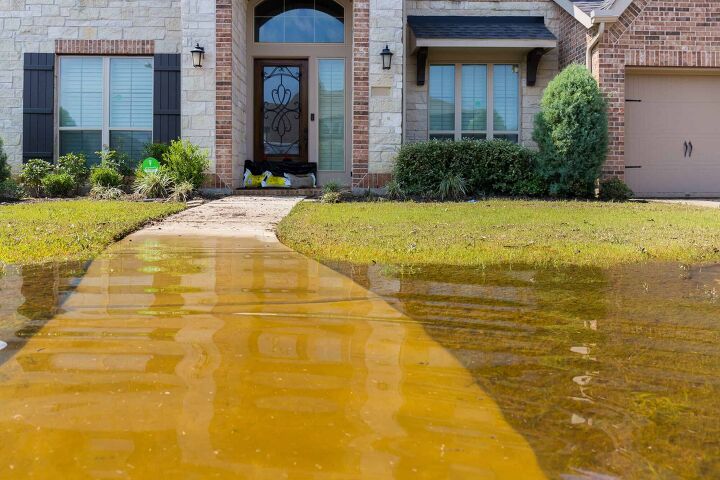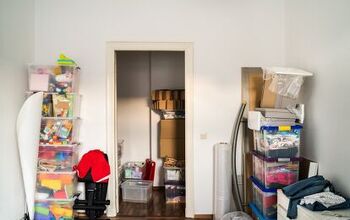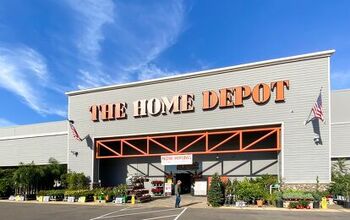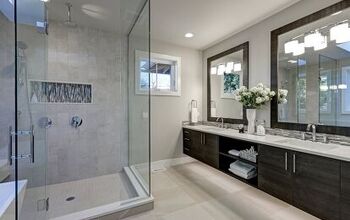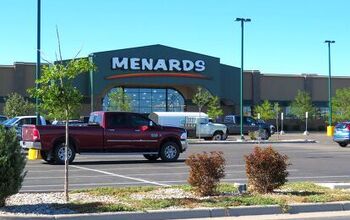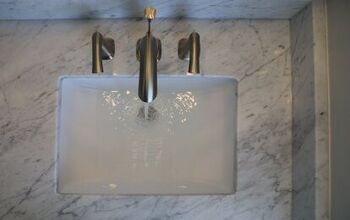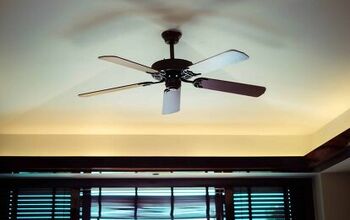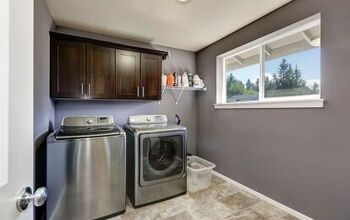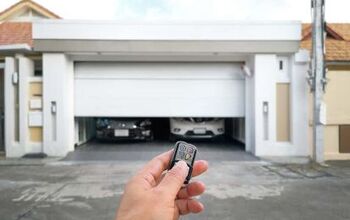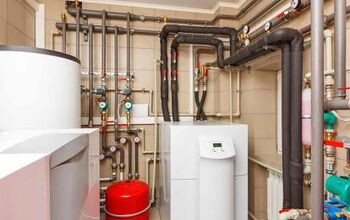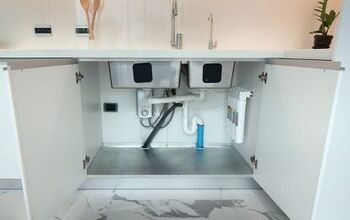Is It A Bad Idea To Buy A House In A Flood Zone?

It’s often said that your home is going to be your biggest investment, and for most of us, that’s right. It’s going to be the place where we live, where we thrive, and also will make a huge impact on the life we experience. That’s why most of us are willing to pay extra for a house that’s in prime real estate terrain.
Most people avoid flood zones for that particular reason, but is it really that big a problem?
Buying in a flood zone carries an inherent risk, but how bad of an idea it is can vary. If you buy good flood insurance and find ways to mitigate the risk, getting a home in a flood zone might be alright. However, selling a home in a flood-prone area is usually a difficult task.
The house you’ve been eyeing might look great, but a flood zone can easily make savvy buyers think twice. Is it a bad idea to get that house? This article will explain what you should be aware of.
Do You Need to Hire Movers?
Get free, zero-commitment quotes from pro contractors near you.

How Bad Of An Idea Is It To Get A Home In A Flood Zone?
If you are looking at buying a house, the common belief is that it’s generally a bad idea to buy a home in a flood zone. However, things aren’t so simple. Though flood zones show that there is a risk of flooding and water damage, there are ways to mitigate that risk and reduce the chance of loss.
Around 80 percent of all house floods happen in a flood zone, so there’s definitely a chance that your home may get hit. On the other hand, that means that 20 percent of all floods do not happen in a flood zone. Moreover, you can’t predict what will happen to the weather around a house regardless of where the house is located.
The general consensus is that buying a house in a flood zone is often a bad idea. However, there are ways to make it less of a bad idea.
What Does Being In A Flood Zone Mean, Anyway?
A flood zone is defined as an area that FEMA defines as being at high-risk for flooding. FEMA has multiple designations for food zones based on risk factors as well as the reason why they’re a flood risk. These include:
- A Zones: This has a chance of flooding 1 percent per year. They are subject to rising waters as well as weather-related flooding. These zones are known for being close to lakes and bodies of water.
- V Zones: V zones are close to the beach and are considered to be the highest risk level for beaches.
- X Zones: X zones are considered to be the lowest risk of flooding in the area.
- D Zones: D zones have not been studied long enough to determine the risk of flooding.
Are All Waterfront Properties In Flood Zones?
Technically, most are. But, some aren’t. You need to check FEMA maps in order to understand your risk.
How Bad Is A Flood Zone Risk?
This all varies depending on the type of flood zone that you have. Some Zone A flood zones only have a 1 percent annual chance of flooding, which really isn’t that bad at all. Still, even a 1 percent chance means that you can expect a flood to occur at least once every hundred or so years.
What Kind Of Requirements Come With Living In A Flood Zone?
One of the reasons why people tend to view living in a flood zone as a bad idea deals with all the requirements that you may have to deal with as a flood zone homeowner. The requirements change from place to place, but generally speaking, they tend to include the following:
- You are not allowed to use basements as a living space. Due to the risk of flooding in the basement, most flood zone regulations bar them from being used as a living space.
- Your home cannot be designed in a way that makes them lower than the Base Flood Elevation (BFE). This means that your home has to be raised up to a certain level that’s deemed safe as a bare minimum level to avoid flooding. If your house’s level sinks below that, you may need to get it raised.
- Service facilities need to be raised to above the BFE. This means that your electrical system, air conditioning, boiler, heater, and other items have to be above the floodplain elevation in order to be deemed safe. Not having your utility tools above BFE may cause your building to be condemned.
The exact requirements of your flood zone will depend on your flood zone type as well as local municipal laws. However, it’s safe to say that high-risk zones (A and V) will carry a slew of demands that many homeowners won’t be interested in.
Do You Need To Get Flood Insurance If You Live In A Flood Zone?
This is the hot-button question that most homeowners want to know. Most flood zone homes are sold at a discount due to the risk of flooding. So, you want to make sure that the discount doesn’t get balanced out with higher insurance rates, right? It’s an understandable issue.
This all depends on the type of flood zone that you’re in. Most homes that are in A zones will have a flood insurance requirement as a stipulation of owning the home. On a federal level, any house that is located in a V Zone will need to have flood insurance as part of living there. It’s a mandate.
How Much Does Flood Insurance Cost, Anyway?
The price of flood insurance has started to increase since federal subsidies for this policy rider have been slashed. Today, you can expect to pay between $300 to $1000 per year on flood insurance. Flood insurance will be an additional add-on to your regular homeowners’ insurance policy.
If you want to get an additional policy to cover any mold that’s caused by flooding, that may be an additional markup. Mold insurance can add an additional $200 to $300 per year to a flood policy, if not more. Not all insurers cover mold damage, even if it’s from a listed peril.
Other Ways to Reduce Flood Risk
In addition to insurance, there are steps you can take to help reduce your risk of damage during a flooding event. As an added bonus, performing certain improvements to your home can also lower your flood insurance premium in the process. A few of these options include:
- Relocate your utilities. Protect your water heater, furnace, and electrical panels by elevating them off of the floor on a platform. Alternatively, consider relocating them to your attic or an upper level of your home.
- Keep your gutters and storm drains clear. Cleaning these out regularly will reduce your risk of damage during a flood. For added protection, you can also install check valves to prevent flood water from backing up into your drains.
- Waterproof your basement walls. Seal your basement wall using waterproofing materials and consider a water-resistant drywall. Or, if you have the option, build with watertight building materials. Also, never keep any valuables or important documents in flood risk areas of your home.
- Install flood vents in your crawl space. When water settles, it can cause significant damage to your foundation. To avoid costly repairs, consider installing vents in your crawl space. These will allow water to flow in and out of the enclosure freely and substantially reduce the risk of structural damage. Keep in mind though, there are some government regulations placed on flood vents – for example, there must be at least two openings in the enclosure and the vents need to be installed below flood level.
If you’re considering purchasing a home that is located in a flood zone, you need to have a good insurance agent and a great real estate agent. A local real estate agent with years of experience is aware of the value of a house in a flood zone and will be able to come up with a competitive offer that isn’t overpaying.
Do You Need to Hire Movers?
Get free, zero-commitment quotes from pro contractors near you.

Related Questions
Does being in a flood zone lower property values?
In theory, being in a flood zone won’t lower property values. In practice, most homes that are located in flood zones will notice a decrease in their property value.
Can a flood zone designation change over the years?
Due to the increase in development as well as the increase in data, it’s possible for an area’s risk of flooding to increase or decrease as years pass. FEMA knows this, and regularly updates its flood maps to provide a better understanding of an area’s risk.
Are sellers legally required to disclose prior flooding damage or tell clients that a home is in a floodplain?
There are no federal disclosure mandate that forces people to tell new buyers if a home has experienced prior damage. This is part of the reason why most lenders require a skilled appraiser and home inspector to look for damage to the house before a sale is closed.
Will having a home in a flood zone make it harder to sell?
In most cases, people will be less inclined to buy a house in a flood zone, so yes.

Ossiana Tepfenhart is an expert writer, focusing on interior design and general home tips. Writing is her life, and it's what she does best. Her interests include art and real estate investments.
More by Ossiana Tepfenhart



